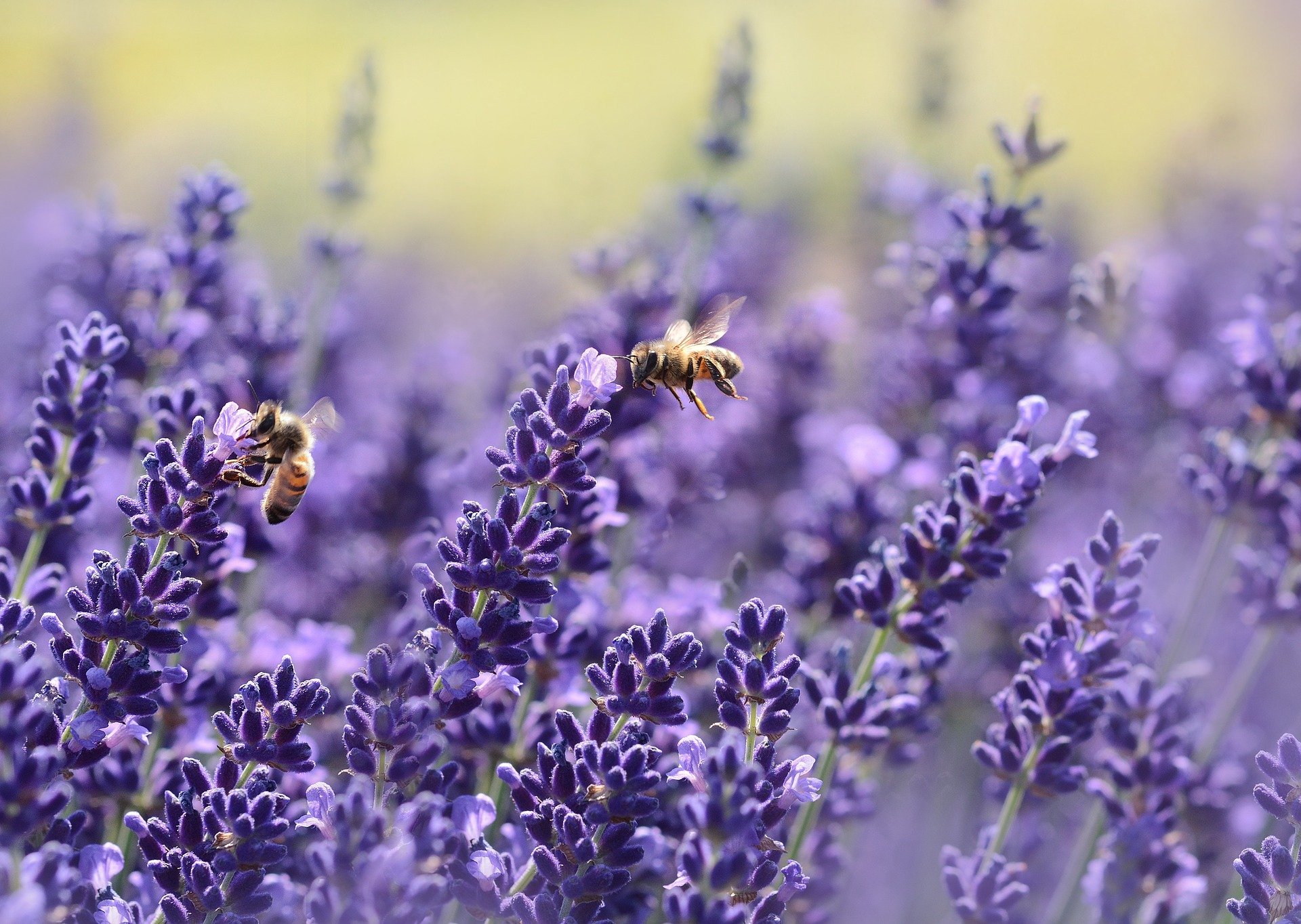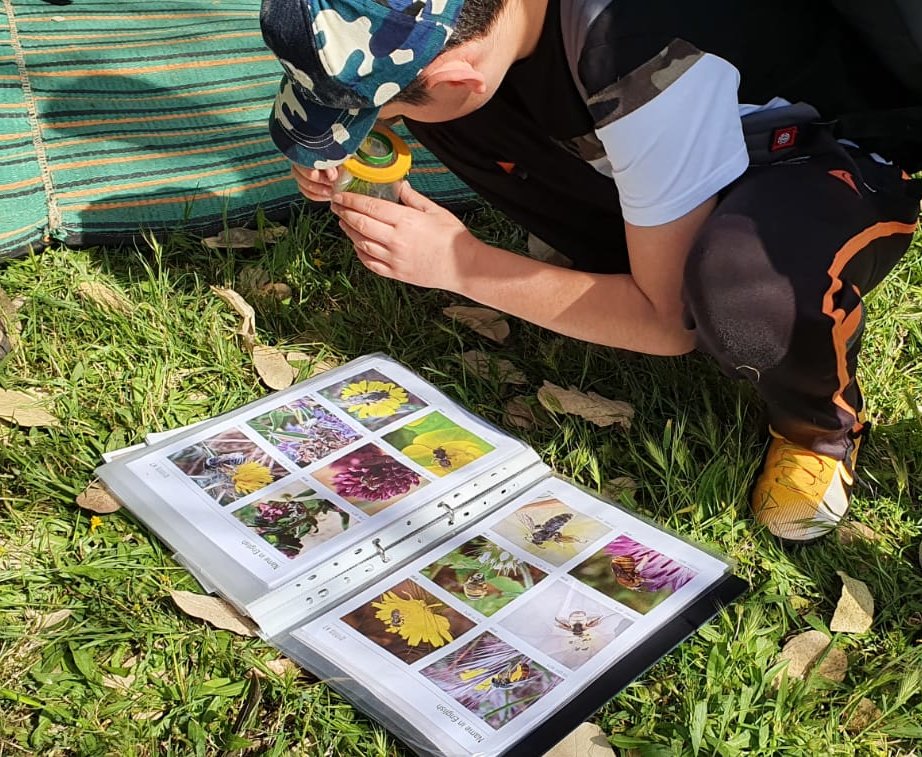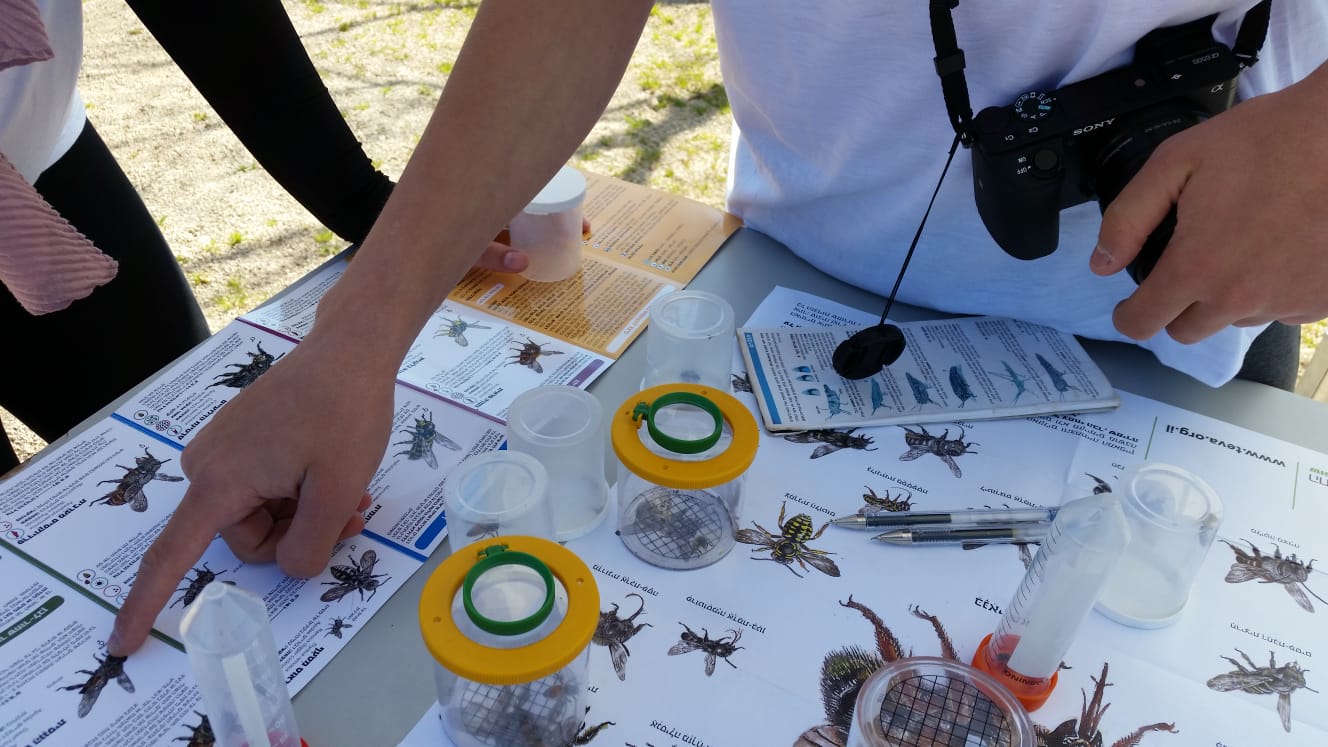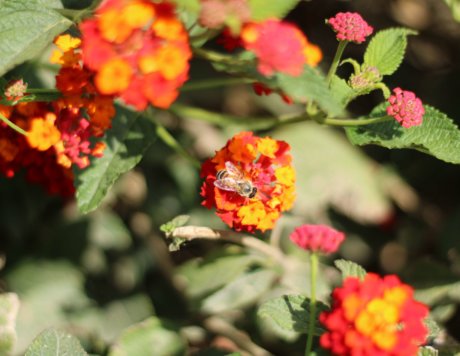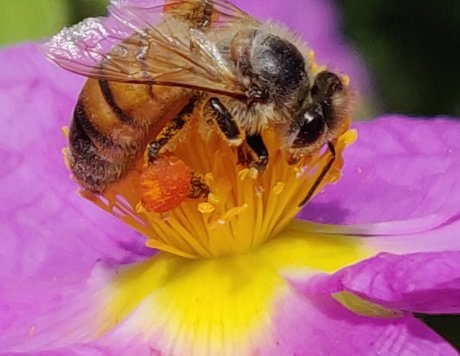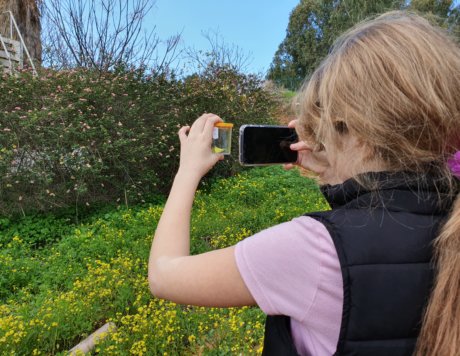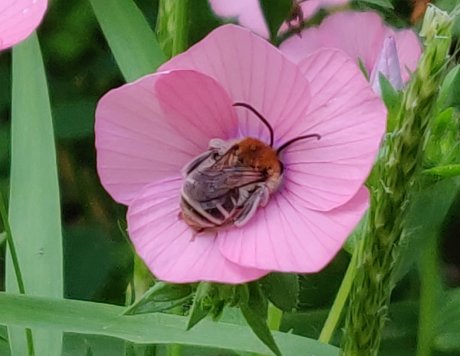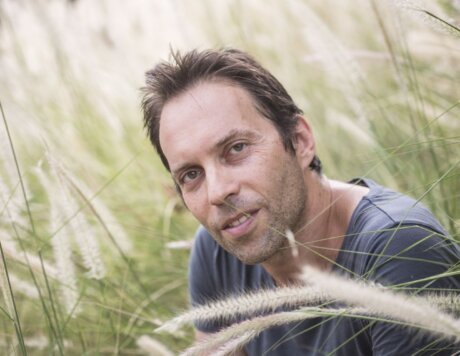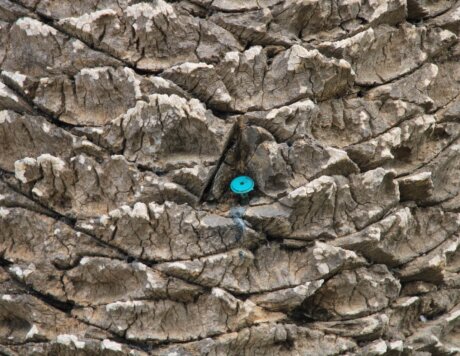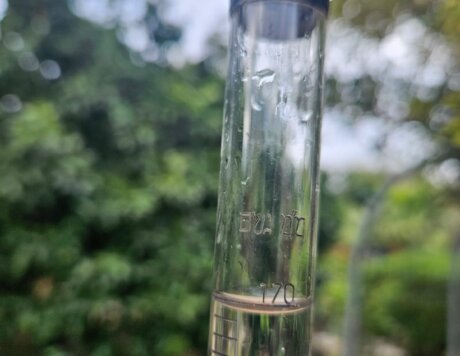Nevertheless, bees around the world are disappearing, together with other flying insects, due to human intervention in nature, the climate crisis and other reasons. Sometimes it seems as if the more important bees are to humans, the less humans know about them. Therefore, at Ramat Hanadiv we have already been working for a few years to increase awareness about bees and their importance through active research studies, observations, and ongoing monitoring by our research staff.
Students assist research
On 20th May, World Bee Day, the exhibition “The Bee Effect” will be on display in the Visitors Pavilion at Ramat Hanadiv; it tells the story of bees, accompanied by photographs taken by our research staff and by Nir Navot from “Sustainable Beekeeping”.
“The Bee Effect” is also the name of an educational programme run by Ramat Hanadiv with the participation of primary and middle schools throughout the country. On World Bee Day, Ramat Hanadiv will hold a summit day for the programme with the participation of teachers and student representatives.


